Is alcohol to be returned? This question interests many. In this article we will try to answer it.
Almost every one of us likes to shop at the store. However, far from always acquired things or products deliver only positive emotions. Sometimes we get a thing that almost immediately fails or has a completely different set of functions that was declared.
The first thing they do in this situation is to complain to the store, study the Internet on what to do next, and so on. The legislation is rather ambiguous regarding the return of goods. This is especially true of food products, which, by law, include alcohol-containing drinks. But is alcohol to be exchanged and returned? Federal law responds negatively if alcohol is of proper quality. This causes a number of difficulties when trying to return it to the store.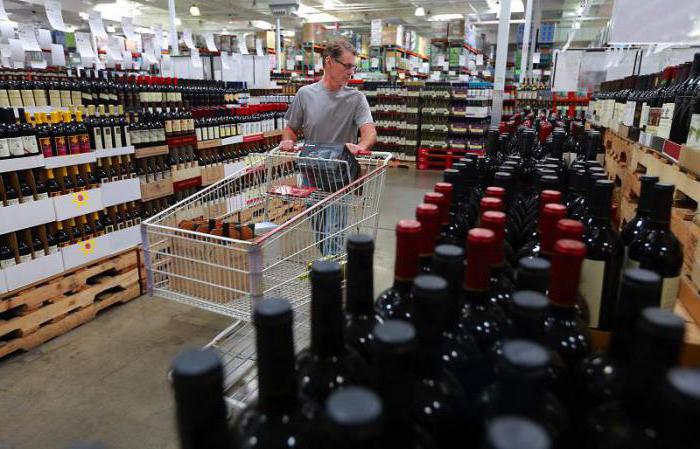
Quite often, low-quality alcohol, an outright fake of world famous brands, or expired products come across on the shelves. Let's look at what can be done in such a delicate situation and what rights a consumer has in the issue of whether alcohol is to be returned.
The legislative framework
The most common question is whether alcohol products of good quality are subject to return. Under the law, only strictly defined groups of goods are subject to return or exchange. Moreover, some of them can be returned even after being of normal quality, without defects. You can issue a refund to others only if a defect or a manufacturing defect is detected.
Goods included in the non-food group can be returned or exchanged up to fourteen days from the date of purchase. This category includes shoes, clothes, equipment, etc. There are, however, even exceptions to this rule. For example, products related to complex machinery.
Goods included in the food category are considered non-returnable, therefore, they can only be exchanged if there is a manufacturing defect or a shortage, for example, an expired shelf life or damaged packaging.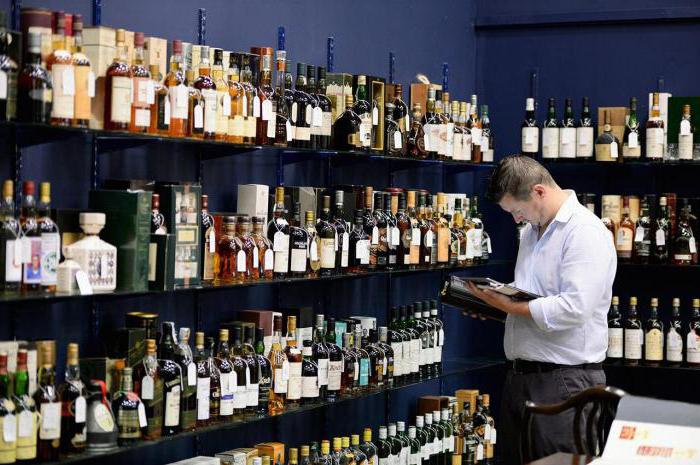
So return or not?
As mentioned above, alcohol refers to food products, so the return of alcoholic products of good quality or its exchange cannot be carried out. This is only possible in the event of a significant deficiency, such as an expired shelf life or inconsistency of excise stamps. In these cases, it is possible to exchange the goods for another appropriate price and quality, the main thing is that the new product meets the wishes and requirements of the buyer.
Another option is also possible - reimbursement of the entire value of the defective goods. High-quality goods can be returned legally only within two weeks after purchase and if there are checks. Defective products can be returned later. The most important thing to consider: packaging should not lose its presentation, and the product should not have traces of use.
However, even in case of loss of the payment document, the buyer retains the right to return the product. In such a situation, you should find witnesses to the purchase, so that they confirm the fact of the purchase of alcohol in this store. Another option is to provide another document that will confirm the fact of the purchase, whether it is a label from the store or a receipt for payment.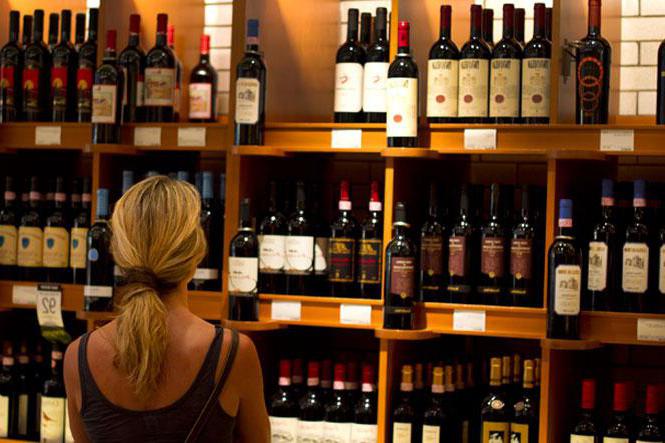
Possible refusal to purchase alcohol
So, alcohol products are not subject to exchange and return, if there are no complaints about the quality. However, there is an option when the rejection of alcohol-containing drinks of even normal quality is possible. For example, before breaking through a check, voicing a desire to refuse a purchase while at the checkout, even if the product has already passed barcode scanning.
Alcohol Information
Is alcohol in store subject to return? Yes, if there were irregularities in the sales process. This applies, for example, to sanitary standards. Another reason to refuse purchased products is when the seller is not ready to provide the documents requested by the buyer or reliable information about the product.
What information are required to provide if requested?
The buyer has the right to receive the following information about the purchased product:
1. The composition of the alcohol-containing product, which describes in detail all the components that it contains.
2. The ratio of proteins, fats and carbohydrates, as well as an indication of the energy value of the purchased products.
3. Weight and volume of the product.
4. Date when the product was manufactured and packaged.
5. Contraindications, if any. A detailed list of possible consequences.
6. Excise labels.
7. Data on state registration.
8. The percentage of alcohol in the product.
If the consumer does not receive all the necessary information, he has every right to refuse the product during the entire expiration date and to demand the return of the full amount. If, as a result of the provision of false information or lack thereof, the buyer incurs a material loss, he has the right to return and financial losses incurred.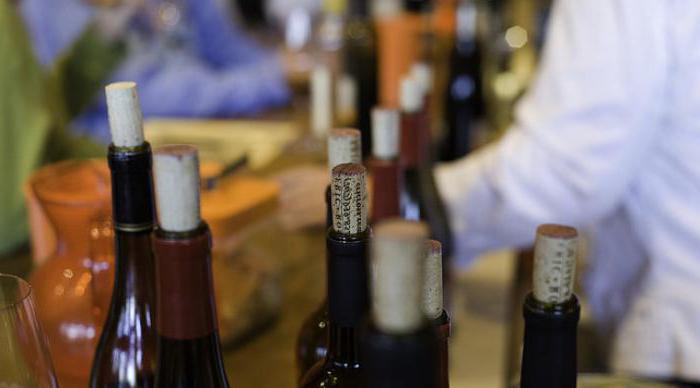
Alcohol return
In order for the procedure for returning alcoholic beverages from the buyer to the store or to any other place of purchase to be useful, follow a number of conditions:
1. The goods must be brought into proper condition without signs of use or operation. All labels must be in place, the package is intact, without damage, the box is sealed.
2. Find the receipt of the purchased product. If it was lost, then the receipt that is issued when buying in large alcohol stores will do. If there is neither one nor the other, then you can contact the store directly. If a cash book is kept there, employees can find purchase information from it. To do this, you will need to name the date, time and amount of the purchase.
3. Contacting the store outlining the essence of the claim and filling out a written application for a refund. The paper indicates all defects and requirements found. The application is written in two copies, one of which remains with the buyer.
4. After the claim has been considered, the seller either returns the money to the buyer or changes products on those conditions that suit the applicant.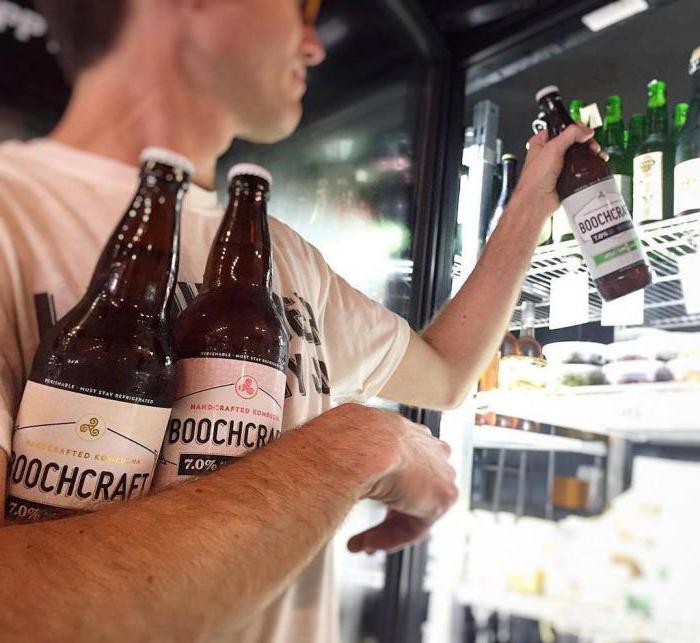
Claims nuances
The question of whether alcohol is to be returned was more or less understood. Next, we examine the pitfalls of the claims process.
Drawing up a claim to the seller about the return of alcoholic beverages has some features. By law, the buyer has the right to file a written claim for low-quality products, and the seller must accept it for consideration. A sample complaint can be found on the Internet.
If the seller does not accept the claim and denies it, it is his responsibility to conduct an examination of the quality of the goods at his own expense. The buyer is entitled to fulfill his desire to be present during the examination. If the quality check shows that the product was damaged by the buyer himself, the latter will have to reimburse all the costs of the examination.
Repeated Examination and Court
If the inspection reveals a manufacturing defect or inadequate product quality, then all costs are borne by the seller. He is obliged to satisfy all the requirements described by the buyer in the claim.If the result obtained as a result of the examination did not suit the buyer, he can conduct another independent check.
As an option to resolve a dispute arising from low-quality products - filing a lawsuit in court. Although, of course, it is better to resolve this issue in pre-trial order. In this, in fact, the seller should be interested.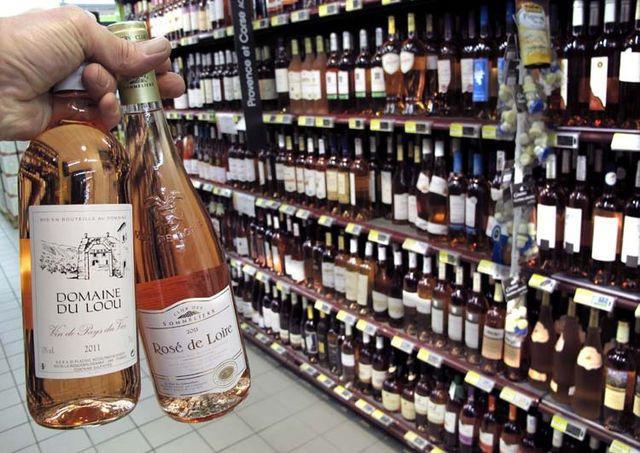
We think that in this material an exhaustive answer was received to the question of whether alcoholic beverages are to be returned. Finally - be careful in choosing alcohol and legally savvy in matters of its return.